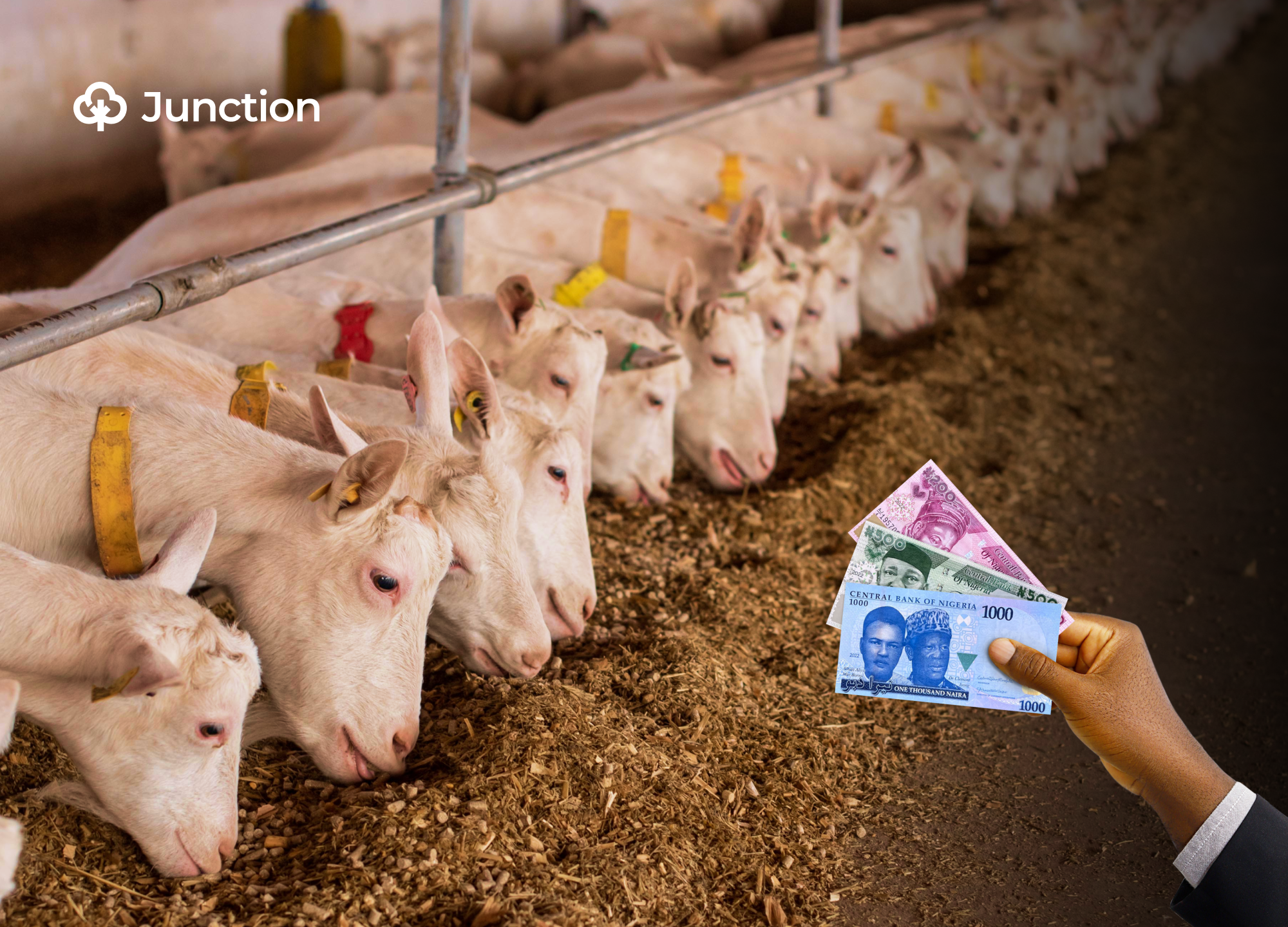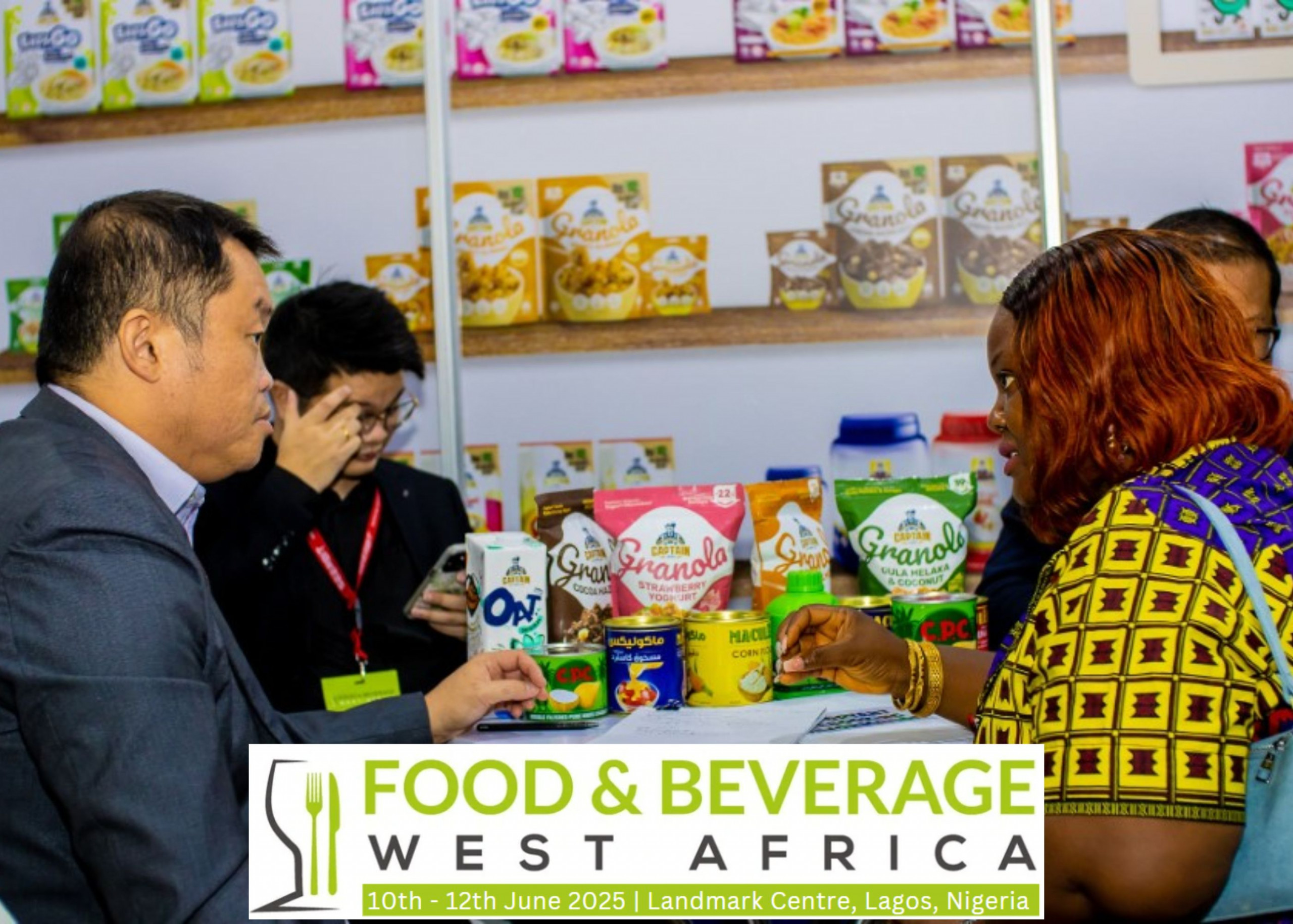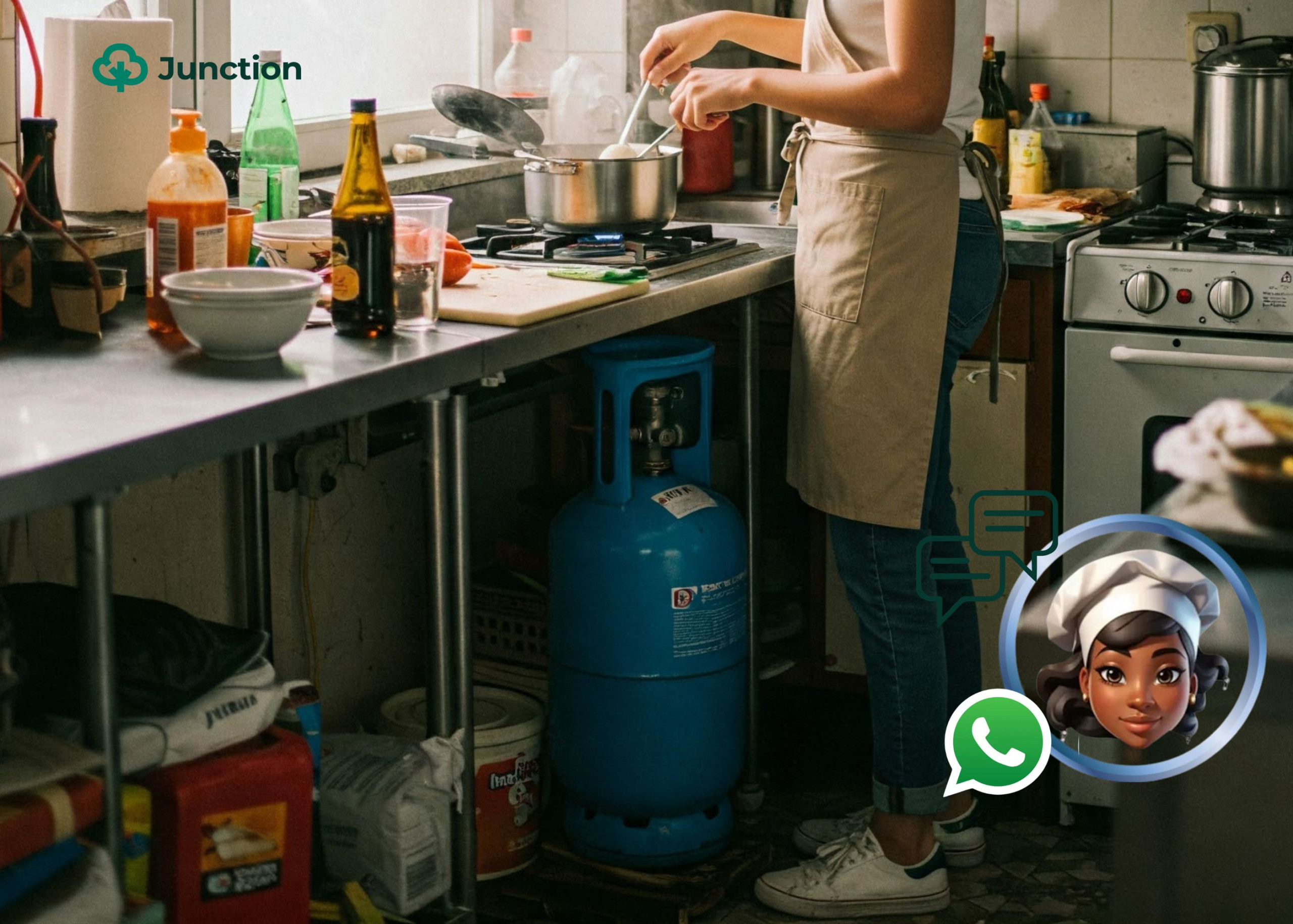In Nigeria, goat farming offers a unique business opportunity due to the high demand for affordable animal protein and the relatively low startup costs compared to other livestock ventures. With goats requiring less feed, space, and maintenance, this venture has become attractive for those looking to enter agriculture with limited resources.
For Nkechi, a trader in Isheri-Oshun, Lagos, the idea of starting a goat farm was borne out of a desire to contribute to her family’s income. In an interview with this publication, she admitted that she hadn’t initially set out to start a goat farm. The idea came one Saturday morning when a friend who owed her ₦2,000 showed up with a unique proposition.
“I was sweeping my front yard when Mama J brought a three-month-old female goat to me. She said she didn’t have the money to pay back but could give me the goat if I added another ₦2,000. That’s how I bought my very first goat,” Nkechi said.
Budget breakdown: building a goat farm with less than ₦500,000
From that day, Nkechi began to contemplate starting a goat farm. She had some savings, and with her husband’s support, she decided to start small. First, she carefully allocated her budget to care for her animals without exceeding her limit.
- Goat purchase: She spent ₦200,000 on one male and five female West African Dwarf goats. Her choice was deliberate, as this breed is known for its hardiness and adaptability to Nigeria’s climate. “I didn’t want to start with too many goats. I wanted to ensure I could afford their feed and health care,” Nkechi explains.
- Shelter: For housing, Nkechi spent ₦70,000 building a simple yet sturdy shed using local materials like bamboo, wood, and corrugated sheets. This basic shelter kept her goats safe from rain and intense sun. “People think you need fancy setups, but goats just need a dry, airy space,” she advises.
- Feed and nutrition: Setting aside ₦80,000 for feeding, she sourced locally available crop residues and forage for her goats, minimising the need for expensive feeds.
- Healthcare: Nkechi knew the importance of keeping her animals healthy, so she allocated ₦30,000 for vaccinations and routine deworming.
- Miscellaneous: With about ₦20,000, she bought equipment such as drinking buckets and bedding. She also had some miscellaneous budget set aside to cover emergency expenses, allowing her to address any unexpected needs on the farm.
Choosing a location and building low-cost housing
Using her own home, Nkechi had less than half a plot of free land. She had used this space for small farming activities like a vegetable patch and for household activities like airing laundry.
With her husband and two teenage sons, she built a sturdy goat shed using materials they sourced from the lumber market. The shelter was simple but met all the essential needs of her goats.
“Goats are not hard to care for if you start small. As long as they’re protected from rain, extreme heat, and cold, they’re healthy,” she added. With these resources, Nkechi transformed a modest space into a functional shelter that cost her a fraction of what she would have paid for a more elaborate structure.
Selecting the right breed for your farm
Nkechi’s choice of the West African Dwarf breed was another cost-saving decision. Known for its hardiness and adaptability to local climates, this breed required less medical attention and maintenance. West African Dwarfs are typically resilient against many local diseases and thrive on the kind of foliage readily available in their area.
“When I started, I didn’t have a lot of knowledge about breeds, but I knew that this one was common and reliable,” she explains. “I asked my friend from whom I got my first goat and she said the West African Dwarf would do well, especially since I wasn’t using sophisticated feed.” This choice allowed Nkechi to avoid costly breed-specific needs, keeping her expenses low.
Feeding and nutrition on a budget
For new goat farmers like Nkechi, feed can be a significant expense. However, she quickly learned that goats are natural foragers and don’t require as much supplementary feed as other livestock. Leveraging this, Nkechi adopted a budget-friendly feeding strategy, primarily using locally available resources.
“Luckily, goats are versatile. They eat grass, leaves, cassava peels, and even plantain peels,” Nkechi shares. “Before going to school, my boys let them out to forage on the streets and bring them back in the evenings. I also add a bit of groundnut husk, corn, and yam peels, now and then to their meals.” This balanced approach ensured her goats received sufficient nutrients without the high cost of processed feed. Her resourcefulness helped her stretch her feeding budget, meeting her goats’ needs without compromising quality.
Health and disease management
Knowing that her goats’ health would determine her venture’s success, she prioritised healthcare. With guidance from a local vet, she set up a basic but effective healthcare routine, covering deworming and vaccinations within her budget.
“Initially, I thought goats rarely got sick, but I quickly learned the importance of vaccinations and regular checks,” she recalls. “One of my goats showed signs of illness early on, which worried me, but the vet explained how to recognise symptoms early.” Since then, Nkechi has maintained a strict schedule for deworming every three months and closely watches for any changes in behaviour that might signal illness.
This careful attention has paid off, as her goats remain healthy, and she has avoided unexpected health costs.
“I also noticed they like to eat vegetables like bitteleaf which is beneficial to their health. Although they almost ruined my vegetable garden in the beginning, I have long since taken the precaution to build a small fence to keep them out,” she said.
Management and sales practices
Managing a goat farm alongside her cloth trading business required a steady routine. Nkechi and her family have developed a daily schedule that keeps her goats in optimal condition without overwhelming her. She starts each day by feeding and inspecting her goats, ensuring they have enough water and their shelter is clean.
“Goats still need consistent care,” she says. “Every day, I check them for signs of illness, clean the shelter, and make sure they have fresh water.”
Her dedication and consistency create a stress-free environment that helps her goats grow healthy and content. She also involves her children in small tasks like refilling water and letting the goats forage, making the farm feel like a family project.
As her goats grew, matured and reproduced, Nkechi began considering sales. Starting locally, she identified several vendors and restaurants interested in fresh goat meat. She also sold directly to neighbours who were interested in starting their goat farm or just wanted to purchase meat for a party.
“A kid can be sold for as much as ₦30,000 while a mature one is sold between ₦80,000 to ₦120,000. I have two male goats and eight female goats now. These female goats give birth to two, sometimes three kids twice a year and I sell most of them at different stages of growth. I have made an average of ₦2.7 million annually for three years in a row,” she explained.
Scaling farming business over time
While Nkechi does not intend to expand her farm for now, goat farmers who want to expand theirs can include new revenue streams, such as goat milk production and the sale of goat skins. By reinvesting a portion of earnings, goat farmers can increase their herd without needing loans or significant debt.
However, if additional financing options are available, they can take advantage of them to quickly scale operations.
As Nkechi’s story demonstrates, starting a goat farm with less than ₦500,000 is feasible and immensely rewarding. She has established a profitable business through careful budgeting, resourceful feeding strategies, and a commitment to her animals’ welfare.
Her advice to aspiring farmers is to start small, stay consistent, and learn as they go. She says that they should view farming as a journey that requires patience. “It can significantly increase your income and improve livelihoods,” she said.



